Fasting for Serbian Christmas - Božićni post
We are now in the 40 day period before those of the Serbian Orthodox Faith celebrate Christmas. Serbian Christmas or Božić, is on 7th January.
Hello and welcome to this edition of our newsletter from Čardačani, in the north of Bosnia and Herzegovina, written by an “InBetweener”, someone who is neither a tourist or a citizen.
40 Days of Fasting
Tamara’s father and uncle (the boys are non identical twins by the way), dropped by the other day to hang out with us for a while, before going to pick up some freshly butchered pork from a local village near Banja Luka’s airport.
Although the supermarkets and hypermarkets here have meat departments that are just as modern and plentiful as in Northern Europe, there is still a culture of “fresh meat”. In other words really fresh.
The meat they have bought will be salted and smoked as well as some being made into really tasty sausages. We do that as well.
If you could hit the bell and give it a thumbs up while watching on YouTube, that would be great.
The reason I ask, is so that the algorithm shows the video to more people. More people means a more followed channel.
I digress.
Although pigs will be slaughtered, butchered, smoked and dried and prepared for winter food, most people won’t consume the meat yet, as we are now in the 40 day period before those of the Serbian Orthodox Faith celebrate Christmas.
Serbian Christmas or Božić, is on 7th January.
As that church still uses the old 'Julian' Calendar, Christmas Eve is on 6th January and Christmas Day is on the 7th January. Advent in the Orthodox Church starts on 28th November and last for six weeks. During Advent, some people fast and they don't eat food that comes from animals (meat, milk, eggs, etc.).
We don’t, (as don’t Tamara’s parents) fast.
Going food shopping here at the moment, you’ll see products on sale that are suitable for those who fast.
This has got me thinking once again, about how religions who sometimes talk disparagingly against each other, have so much more in common, than they like to openly admit.
Skiing is Open in Jahorina
I think one of the reasons we're here is because the cost.
You know if you go to the likes of Val d'Isère, Tignes, um the Three Valleys, even, you're looking at three times the amount that we that the guys here have paid to come skiing, however for what we're trying to achieve you can achieve it here rather than go over there.
OK we're not talking 300 km of piste, but what we're talking about is 25-30 km of decent groomed runs and to be honest with you there's not many guys who come out there can say I've skied the Olympic Ski run.
The boys we're teaching this week, they've skied the Downhill, they've skied the Slalom and they've skied the Super G, so it's a really real idea for them to come to an Olympic venue and actually get a bit of the atmosphere and a bit of the feeling that they've skied the same resort that somebody in the 1980's has skied, who was at the top of their game.
If you’d like to find out more about skiing in Bosnia and Herzegovina this season, just get in touch and we’ll try and help as much as we can 😀
25 November - Republic Day - Dan Republika
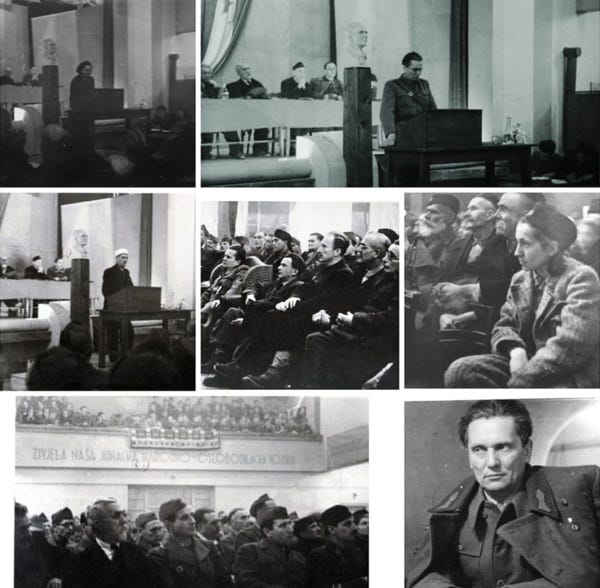
As an InBetweener, I quite often view things totally differently that most citizens here, regardless of where they live in the country, whatever their ethnic group is or religion. To be brutally honest, at the moment across the country, there’s not much that brings them together. That they agree on as one. I am told that that was forever the way, but I am not convinced.
Whatever history books you read (and trust me this region takes revisionism to a whole new level), the common thread is that there have never been periods of prolonged peace. Even the period of Ottoman Occupation saw bloody, violent uprisings.
However, the recent somewhat growing wave of Yugo-nostalgia, is something that it seems is felt across Bosnia and Herzegovina.
I noticed this particularly, when scrolling through my instagram feed the other day (not mindlessly I hasten to add 😀).
You see there are three major statehood celebrations that take place here.
Independence Day of Bosnia and Herzegovina, Day of Republika Srpska and Statehood Day
It was the third that I saw on Instagram, with people trying to tell the story. Strangely, the storytellers were young people. That shocked me, as they are not the generation of Jugoslavija. Jugoslavija ceased in 1990 and hey here we are 31 years later. Maybe they yearn for the peace and stability that their grandparents managed to achieve. At least for 46 years.
It was sad in a way, not to see the small monument in Banja Luka, to the People Heroes from World War 2, with commemorative wreathes this year.
“The Times They Are ‘A Changing” - Bob Dylan
However as a small tribute from me, here’s a blog post we published about a true heroine from Banja Luka.
Smrt fašizmu, sloboda narodu "Death to Fascism, Freedom for the People".
Rounding Off. 'An act of kindness': Long-lost Yugoslav artworks returned to Bosnia by a Serbian collector on Republic Day.
A collection of artworks by a distinguished Yugoslav artist — lost in a northwestern Serbian town for 30 years after being looted during the war in Bosnia — has been returned.
The man who came across them in the 1990s recently decided to return them to the museum in Jajce where they had been stolen at the peak of the conflict.
The most valuable paintings in the collection were from World War II, made during a conference convened by the Partisans in central Bosnia in November 1943. The anti-fascist fighters who were trying to push out Nazis and their collaborators met to plan out their new country once the war would end.
From The Kitchen
What We Have Been Watching
To be honest, we have been a bit behind suggesting cool things to watch (in our opinion).
This Turkish series is extremely good. It touches on a subject that is hardly covered in Turkish history at all. And that is, it’s minority communities and how they have been treated.
This series focusses on the Sephardic Jewish community in Turkey. The ladino language is used in the series too, which creates impact.
Interestingly, Sephardic Jews also came to Bosnia and Herzegovina and the region at the times of the persecutions in 15th century Spain.
Hopefully that will be a topic for a future podcast.
How do Jews in Bosnia-Herzegovina celebrate Hanukkah?
A Podcast about Yugoslavia
I stumbled across this podcast by chance. It has extremely interesting content. Give it a listen and let me know what you think?
And finally this week
If you’re reading this for the first time, we hope you’re enjoying, and if you would like to support us, then maybe you can …
If you want to read back editions of the newsletter, listen to previous podcasts (we have quite an archive now), or catch other content, all this is available on the web interface, just like a regular blog.
Oh, and you can also share the newsletter with friends, relatives and colleagues using the button below.
Tamara and I appreciate your faithful readership, your comments, and your generosity!
THANKS SO MUCH ❤️




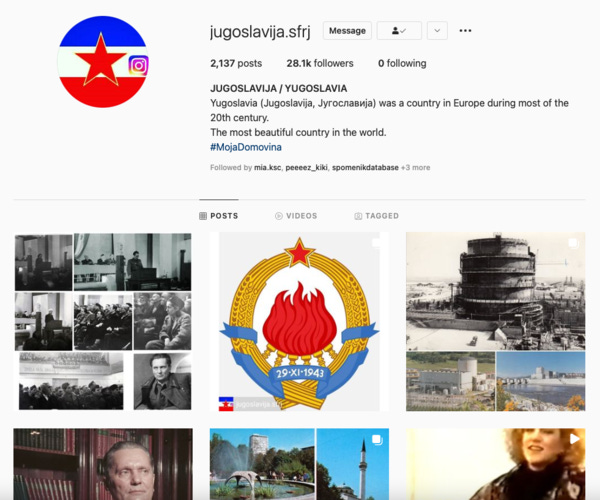
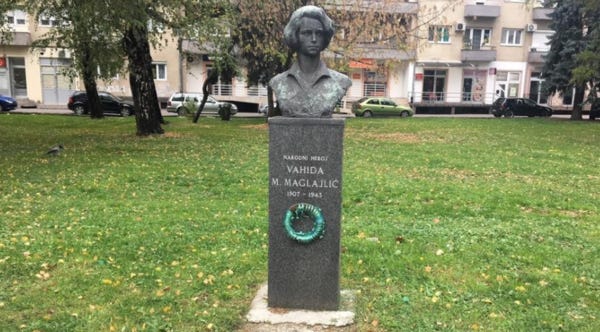
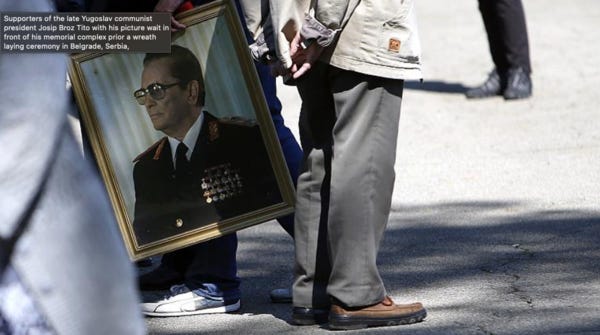
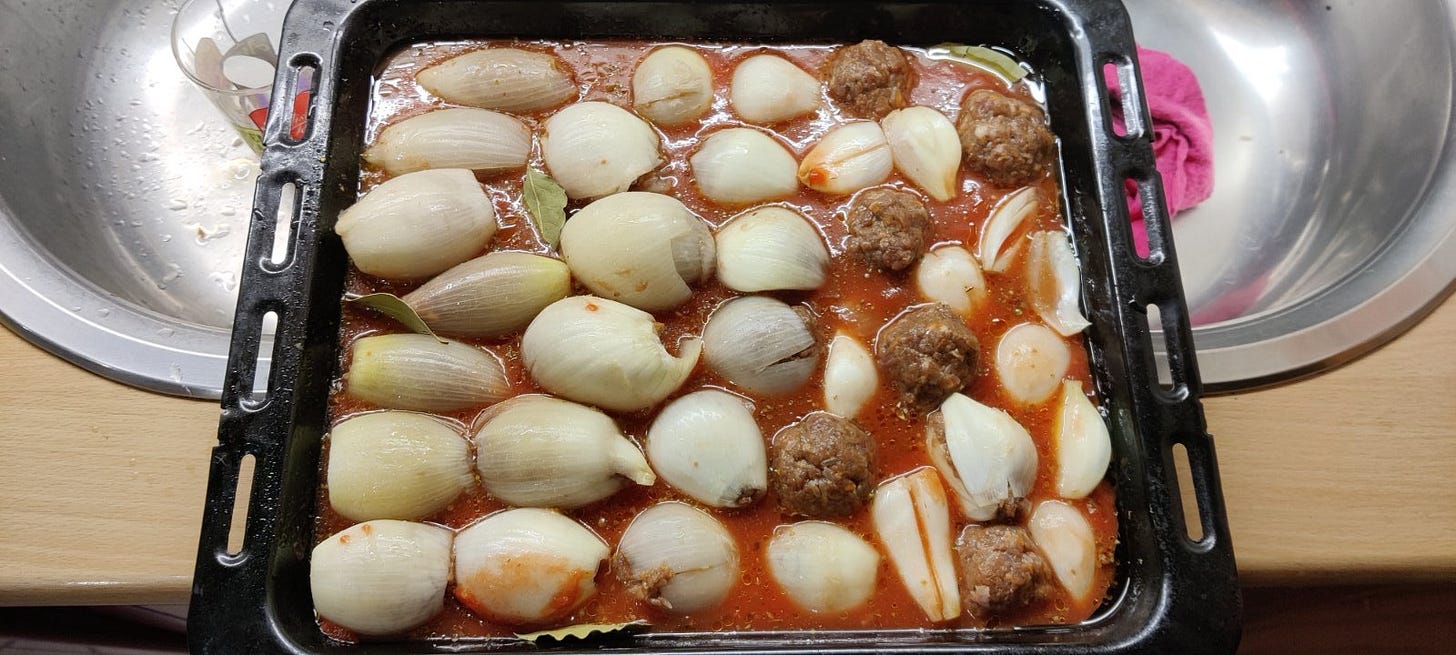

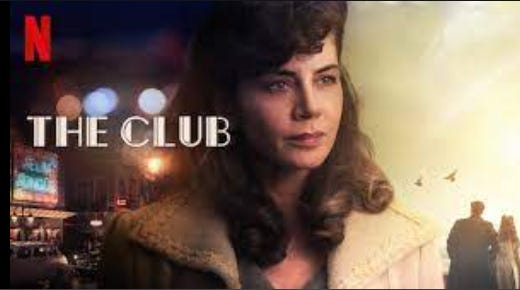
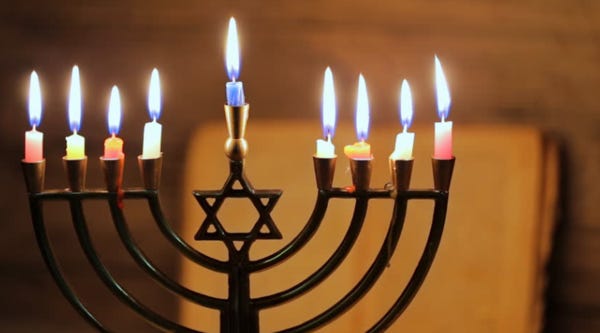

Thanks for a really interesting newsletter, and these Yugo podcasts, looks like a lot to catch up on. Some feel that Vucic is trying to make himself like Tito, so Yugo nostaglia is developing in some interesting ways